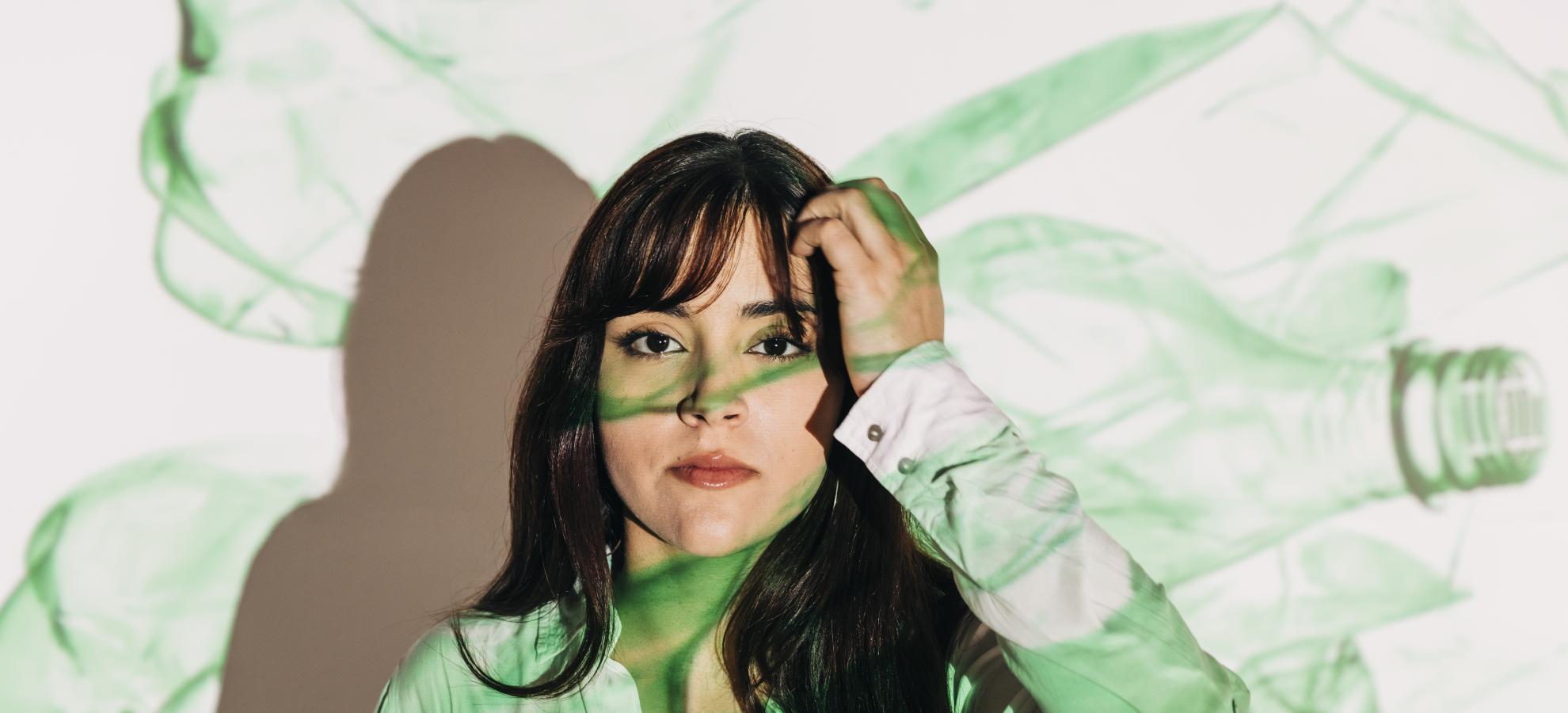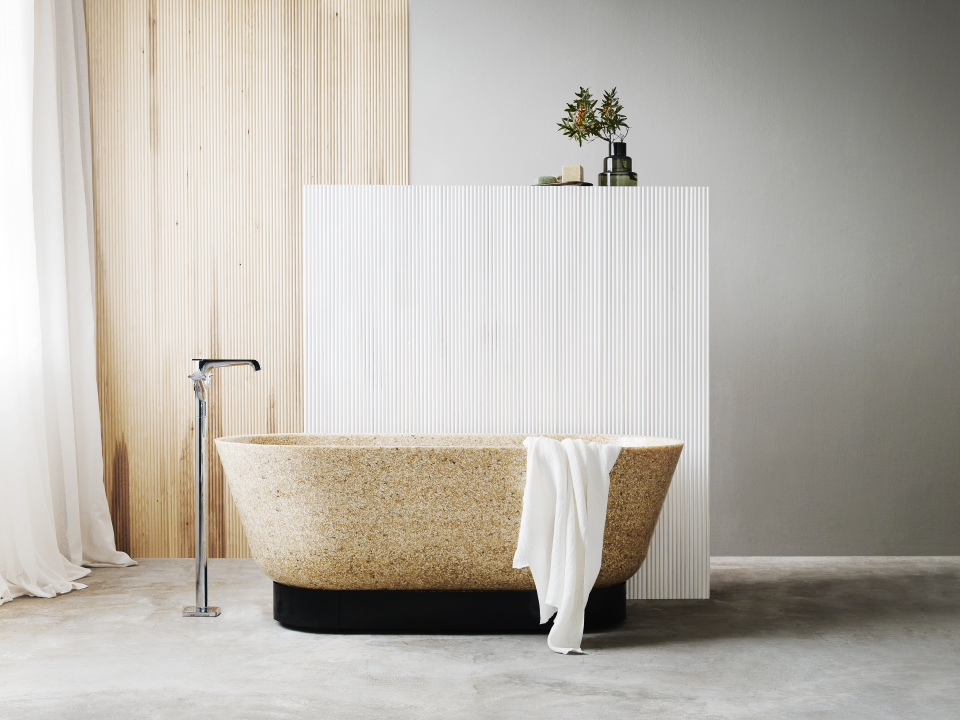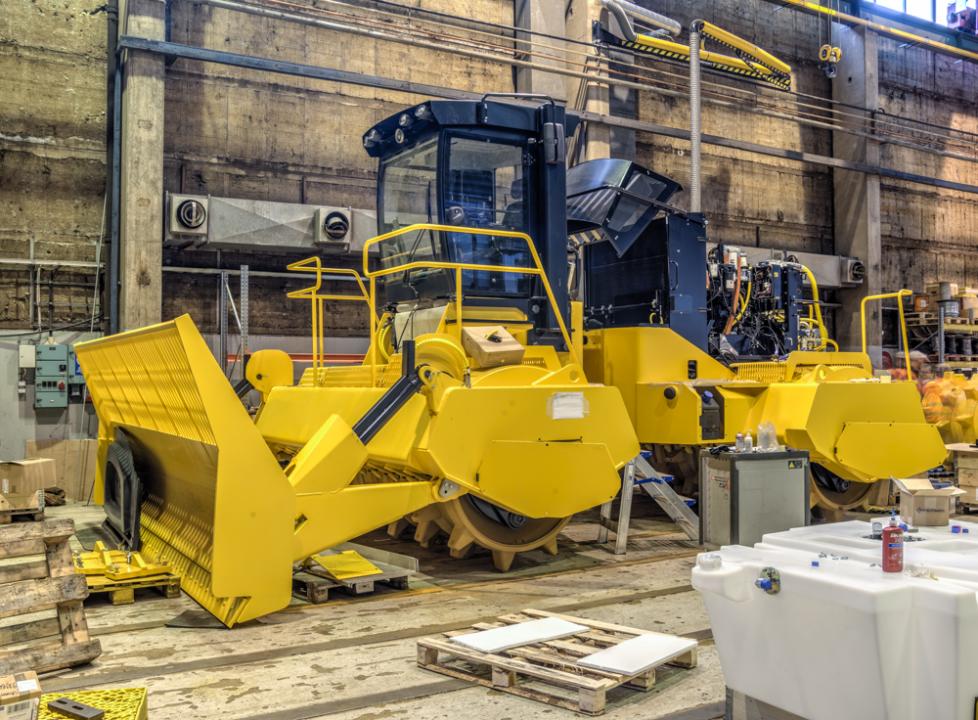

Virta charges electric vehicles around Europe
Who: Virta was founded in Helsinki in 2013 to develop electric vehicle charging services. The company raised 30 million euros in a funding round in April 2021 and is expanding to Asia. According to estimates, one-quarter of all new vehicles will be electric in 2030. Finland aims at 250,000 electric vehicles or more by that year.
What: Customers register in the Virta service and enter their payment card information. Electric vehicles can also be charged without registering with a one-time payment. Virta has its own mobile app for searching for charging points. The app has 244,000 registered users.
Virta also offers services to businesses and energy companies, and it operates Europe’s fastest growing network of electric vehicle charging services. Virta manages charging equipment maintenance services and software updates.
“The vision of transport powered by renewable energy is becoming a global reality step by step. Renewable energy generated by solar and wind fluctuate by weather conditions and the season. According to the International Energy Agency IEA, electric vehicles constitute a new and important element in this equation, supporting increases in renewable electricity capacity. Renewable electricity generation increased by 230 terawatt-hours in the OECD countries in 2020. Globally electric vehicles consume a total of 150 terawatt-hours of energy. So electric vehicles not only signify a transition from oil to electric in transport, but they promote a boost in renewable electricity capacity,” says Virta CEO and Co-Founder Jussi Palola.

Rens developed a trendy sneaker from waste
Who: The world’s first enterprise that manufactures waterproof sneakers from coffee waste and recycled plastics. Rens raised more than 456,000 euros on its crowdfunding webpage in 2019, although it did not even have an online store at the time. The founders of the business, located in the heart of Helsinki, are the sneakerheads Jesse Khan Tran and Son Chu.
What: Every pair of Rens sneakers is manufactured using 150 grammes of coffee waste and six recycled plastic bottles. The outsole is all-natural rubber.
The sneakers are manufactured in a low-heat process using minimal energy. Used coffee grounds are processed and mixed with recycled plastic pellets to create slip-on footwear without laces.
Thanks to coffee, the sneakers are anti-bacterial and odour-proof. They dry twice as fast as traditional sneakers, and they are waterproof.
The unisex sneakers are sold online, they are available in nine colours, and they are shipped to more than one hundred countries.
“Our footwear represents new innovative solutions to the climate crisis. The stylish and multipurpose sneakers are more environmentally friendly than traditional footwear. Both the appearance and the manufacturing process of the sneakers are minimalistic: the process uses low energy and minimizes the amount of waste from footwear. It is estimated that the carbon footprint of our sneakers is up to 80 per cent smaller than that of leather shoes and 60 per cent smaller than that of textile shoes,” says Laura Roca, a Rens media specialist.

Woodio produces ecological bathroom furniture
Who: The world’s first business to develop bathroom furniture from bio-materials. The material innovation emerged ten years ago, when Petro Lahtinen, a research chemist at the University of Helsinki at the time, mixed various materials in coffee cups at a Christmas party. Woodio was founded later. The company has won several prizes and recently received 7.5 million euros of EU funding.
What: Woodio makes washbasins, toilets and bathtubs from wood composite. The products represent contemporary Finnish design. The waterproof material is made from surplus wood chips from the Finnish forest industry and resin. The products are manufactured in Finland.
The material well withstands temperature fluctuations, and it is easy to clean. The carbon footprint of one washbasin is 80 per cent smaller than that of a ceramic washbasin. In comparison with traditional bathroom furniture, wood composite is markedly more durable and more lightweight.
“Almost every house has a bathroom, so the Woodio products potentially have a large global market. Bathrooms have not seen new materials in decades, and they have never seen ecological materials. As a result, Woodio is in a unique position to enter the global market,” says Woodio CEO and Founder Petro Lahtinen.

Combi Works leases vacant factories
Who: The Finnish family-owned business founded in 2005 provides a service that enables companies to lease factories owned by other companies for their production purposes. Combi Works’ customers need not invest in expensive production equipment, and factory owners can earn to compensate for periods of low production.
What: Combi Works utilizes the Finnish AirFaaS (Factory as a Service) cloud concept, which allows businesses to digitalize their procurement processes and to request tenders for available factory capacity.
The service allows businesses to locate their production near customers, to avoid transport costs and to supply for just-in-time customers. The suppliers and customers in various businesses meet through the service. There are environmental benefits when factory capacity utilization rates are higher.
“The number of factories in the world used to manufacture a highly wide range of products is so large that manufacturing decisions are not always logical and effective. We digitalize production with the FaaS concept, which allows us to improve the sustainability of production without letting costs get out of hand. We make it possible to manufacture products in Europe for local markets and to manufacture them in China for the Asian market,” says Combi Works CEO Edward Blomstedt.
